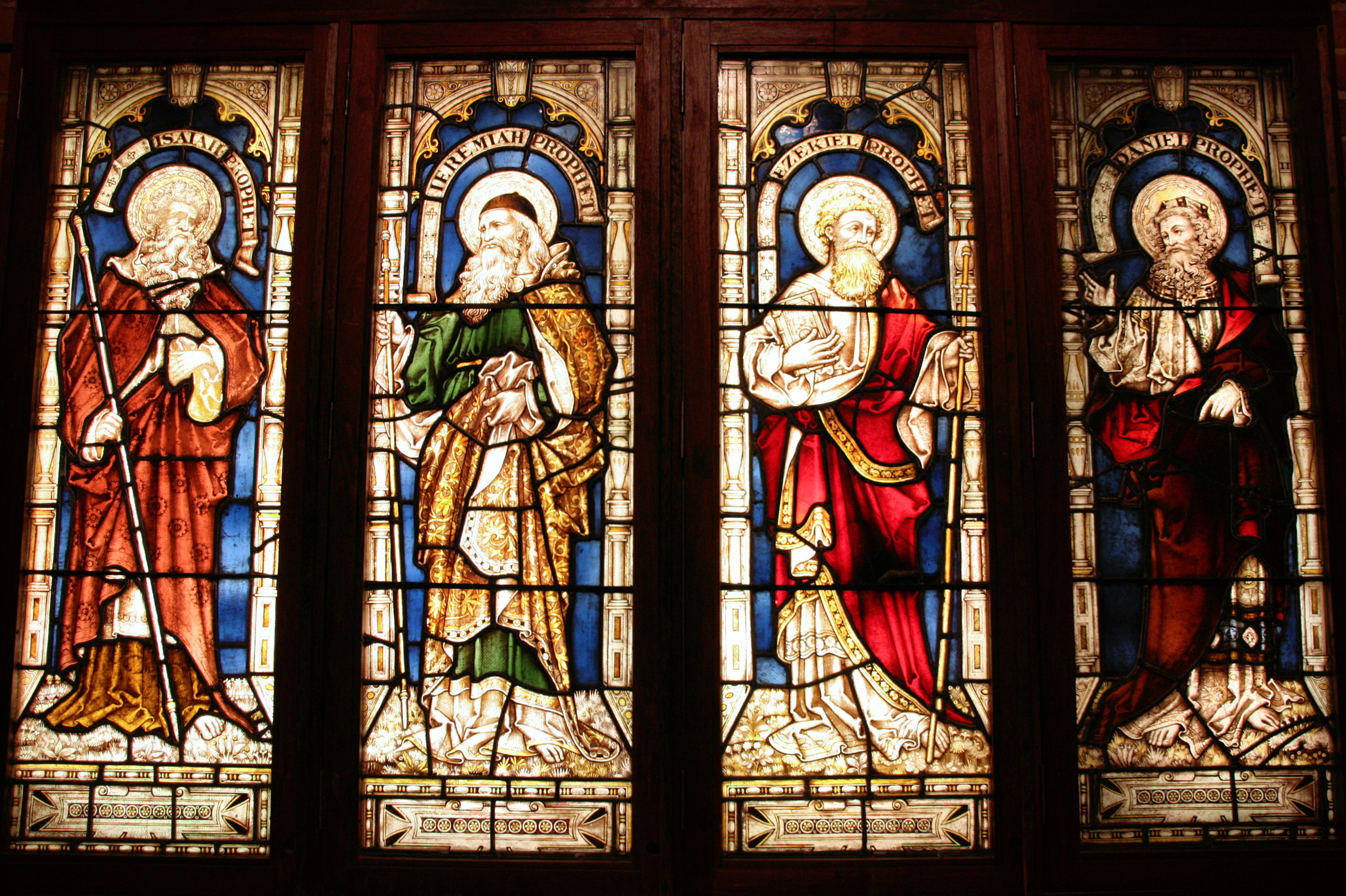50- Tenth – Sense of Inspiration

Its effect is becoming informed of a matter received from outside the human body.
Most inventions are the results of this sense.
The sense of inspiration works with people according to their specific capacity.
Its indication is when someone figures something out and says: "it came to my mind." All these are signs of inspiration.
This sense should be trained in each individual so that great truth can shine upon them.
Deaf people who comprehend everything through signs employ their sense of inspiration.
An example of inspiration is seeing someone in a gathering and feeling a connection with that person. Without saying a word, that individual feels this connection as well. This feeling of connection is characteristic of telepathy and transmission of thoughts and is part of inspiration. It is a spiritual connection, where one party transmits the affection, and the other accepts, without exchanging words. This form of connection was previously known as the relationship of spirits, and as the Hadith denotes: "spirits are groups of armed forces." They assumed knowing others to be related to a previous spiritual acquaintance, while in truth, such connections are established between spirits.
Such connections are especially true when the meeting is between a male and a female (like two opposite poles).
The difference between the sense of inspiration and thinking is that, when a person is thinking, they are pursuing a subject to comprehend with assistance from the sense of thinking. In contrast, inspiration suggests a notion into the mind instantaneously. Often people have searched and thought about something with no result, only to realize it in an instant without thinking. Here is where people say: "it dawned on me."
What is this? Is it anything but inspiration?
These are but minuscule examples. If people train their sense of inspiration, they will obtain extraordinary results.
As we mentioned in the "sense of thinking" and in the "sense of memory," knowledge is of three categories: learned, intuitive, and inspirational. Inspirational knowledge needs no education or inductive and deductive reasoning; it is related to the sense of inspiration. Like some individuals who have invented, discovered things, or come to substantial scientific knowledge without any proper education. This phenomenon is called human ingenuity.
Diviners and Prophets utilize this sense by the will and order of God.
Believing in religion has two benefits: one is the benefit to society, and the other is the benefit of oneself.
Henri Bergson
Human beings have felt and believed in beauty and the magic of life since the dawn of time.
Max Müller
Avicenna believes that some people are capable of thoughts and are followers of pensiveness. Some others employ guessing and inspiration instead, while some others have all their knowledge based on guessing and inspiration, and they are divine Prophets.
Al-Farabi recognizes philosophers' knowledge as more robust and unwavering and further from imagination than science.
As Ribot believes, all memories remain in the brain.
Bergson believes that memories are not of the physical realm and enter the subconscious mind.
Hoffding believes that memory should be considered as the central phenomenon of self-realization.
The spirit is the memory itself.
Saint Augustine of Hippo
Averroes says: philosophy is a type of revelation and inspiration from an active mind.
The sense of religion is the inspiration and discovery, which connects the relationships among humans, and it is the force of creation called the life-giving source.
Bergson
I believe that a significant portion of telepathy will soon become part of the accepted realities.
William McDougall
If we deny telepathy, we will be bewildered before the many manifestations of this matter in the future.
Dr. Thomas Walker Mitchell
Upton Sinclair, a writer, performed telepathy with his wife. Out of 190 experiences, he performed 23 successful experiences.
Hiero II, the king of Syracuse, ordered a votive crown from gold and silver for himself to a goldsmith. When it was ready, the king became suspicious of the purity of the gold. However, there was no possible way to investigate this suspicion because they could not damage the exquisitely crafted crown.
They referred this matter to Archimedes, the renowned scientist of the time. He spent a long time trying to find a way to solve this mystery but failed. One day, while taking a bath, he noticed that the body's weight is decreased in the water. Suddenly, an idea came to his mind. He found the solution (the upward buoyant force that is exerted on a body immersed in a fluid, whether fully or partially, is proportional to the weight of the fluid that the body displaces). As a result of his discovery, he jumped out of the bath naked and to the streets, shouting: "Eureka, Eureka!" Could this be anything but inspiration?